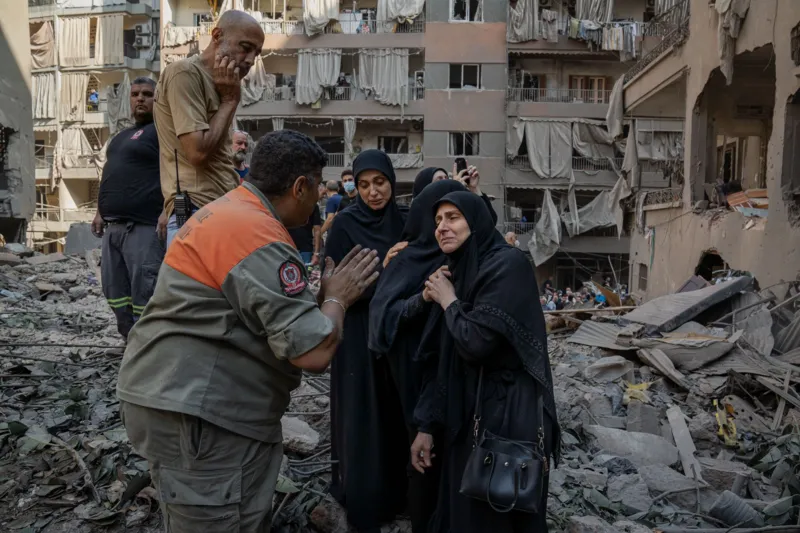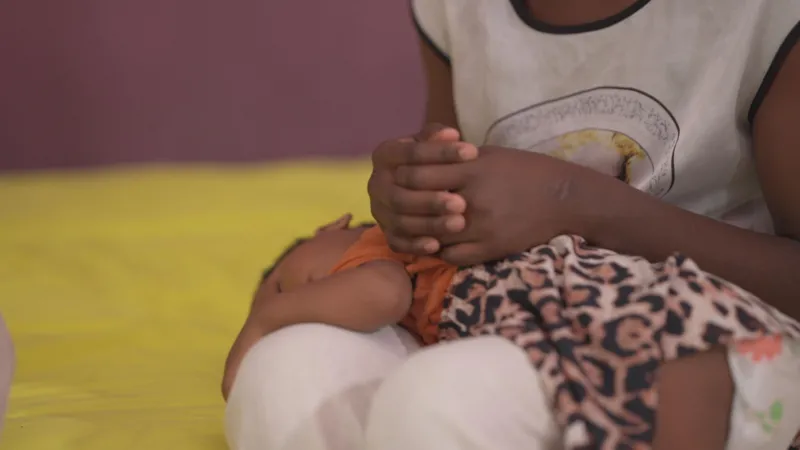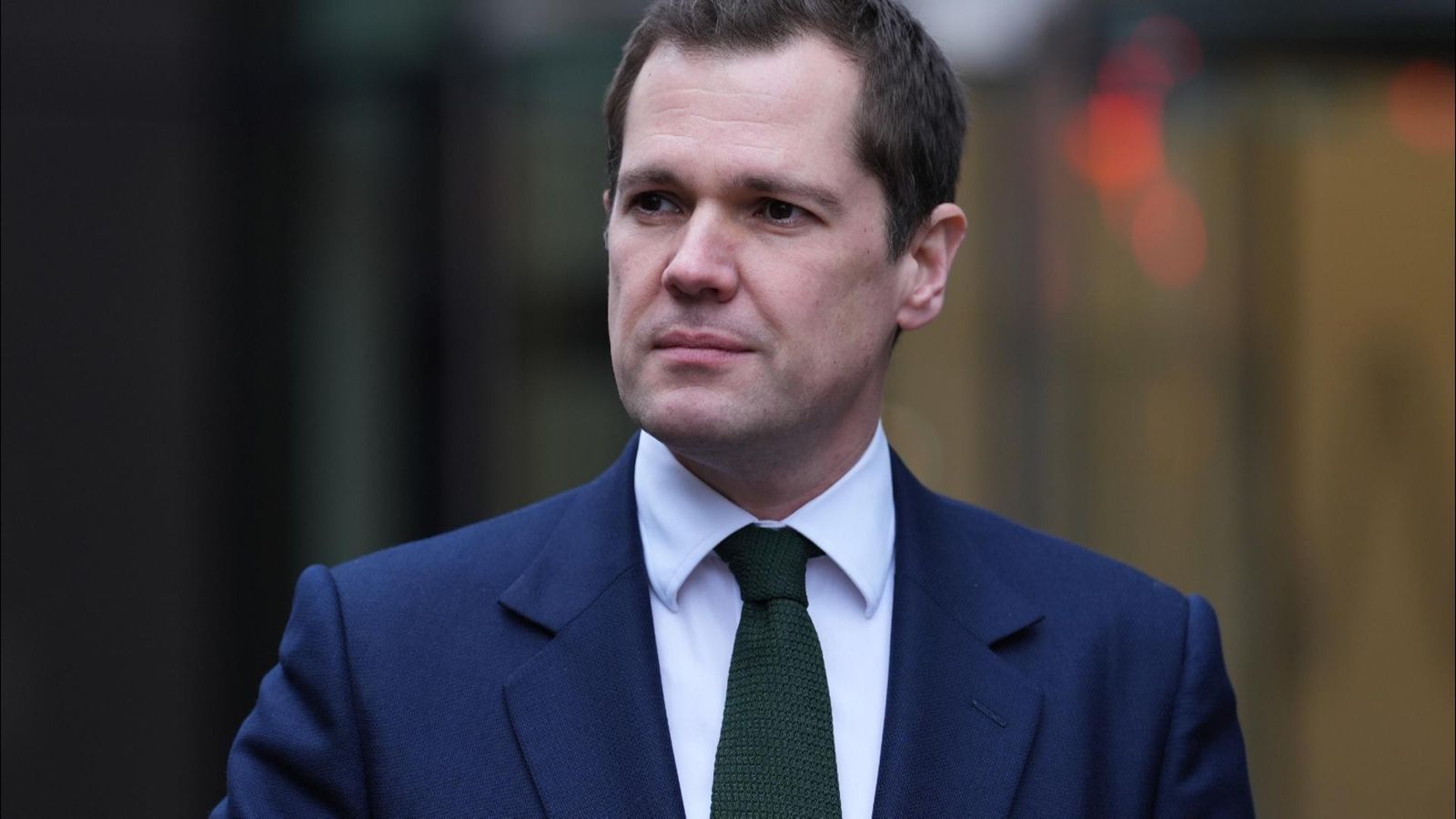Rescue workers search for signs of missing under rubble
Amid acrid smoke and cries from residents, rescue workers were searching Friday morning for signs of anyone left trapped in the rubble from two Israeli air strikes that hit central Beirut overnight.

According to the Lebanese Ministry of Public Health, 22 people died and 117 were wounded, making these the deadliest strikes in central Beirut of the recent escalation.
At the site of the heaviest of the two, in the Shia neighbourhood of Basta, the head of the Civil Defence rescue team Youssef Al-Mallah told the BBC that five people were still unaccounted for.
The Civil Defence has appealed for family members of the missing to come forward with any information on their whereabouts, Al-Mallah said.
Unconfirmed reports Friday said that Wafiq Safa, the head of Hezbollah’s liaison and coordination unit, was the target of one of the strikes but managed to survive.
Israeli authorities have not commented. They issued no warnings ahead of the strikes, as they have in some instances.
Both the strikes on Beirut hit residential buildings in densely packed neighbourhoods. The missile that hit Basta destroyed a four-storey building completely and severely damaged or destroyed at least three adjacent buildings.
The other strike, on the mostly Shia neighbourhood of Nweiri, hit the third floor of an eight-storey building, ejecting large pieces of rubble into the streets and destroying cars and shopfronts below.
The timing of the strikes - at about 20:00 local time, 18:00 BST - meant that many residents of the neighbourhoods were at home or on the street in the vicinity.
Hassan Jaafar, a 22-year-old security guard, was at home just 50m from the Basta strike. He told the BBC they heard a "roar that seemed to grow closer with every second".
"The shockwave knocked us off our feet, sending us backwards as dust and debris filled the air," he said. "For a moment, everything vanished in a cloud of ash."
Jaafar said he and his friends were bruised and cut in the strike by flying debris and glass. "In that moment, it felt like the war had expanded into our lives," he said.
On the massive pile of rubble left by the strike on Friday morning, distraught residents looked on at their destroyed apartments and pleaded with members of the Civil Defence team to help them retrieve surviving possessions.
The aftermath of one of the strikes. Rescue workers appealed for information about five residents who remain missing.
One group of women was searching for a missing relative - a mother of young children who was last seen on a stretcher at the site. The Civil Defence team told the group they needed to check at every hospital in person.
“If she left here on a gurney she will be at a hospital somewhere,” a rescue worker said.
Ibtisam Mazloum, 42, was in her building nearby when the strike hit. “If they want to fight they should fight at the border,” she said, angily. “The civilians in Beirut are not part of this.”
At the site of the Nweiri strike, Musa Araf, who works for the Civil Defence, described being in his apartment on the sixth floor of the target building when the missile hit.
“I didn’t panic because of my job, I am used to it,” he said. “But my children were screaming and clinging on to me. One of my grandchildren was cut by flying glass.”
This is the third time Israel has launched air strikes on Beirut outside of the city’s southern suburb of Dahieh, where the Iran-backed armed group Hezbollah has a strong presence.
The previous strikes on central Beirut targeted members of Hezbollah and the People’s Front for the Liberation of Palestine, according to the IDF. One hit a health clinic which the IDF described as Hezbollah-affiliated and killed nine people.
Hezbollah said on Friday it had launched an attack on an Israeli military base in the northern city of Haifa using explosive-laden drones.
The Iran-backed group said the attack was a retaliation for Israeli strikes on Beirut.
-BBC







